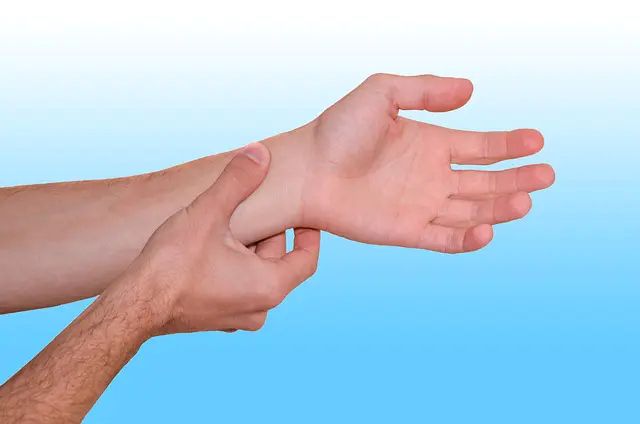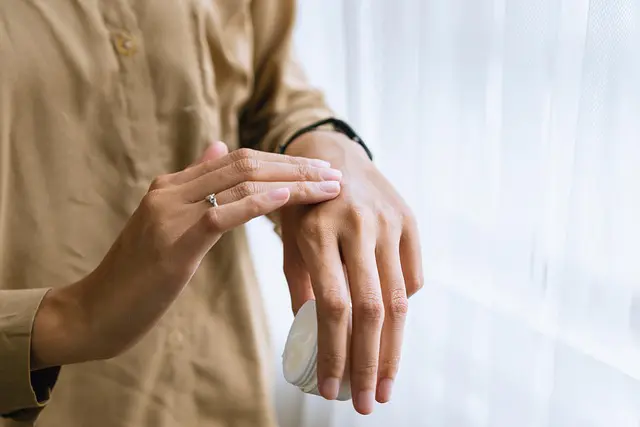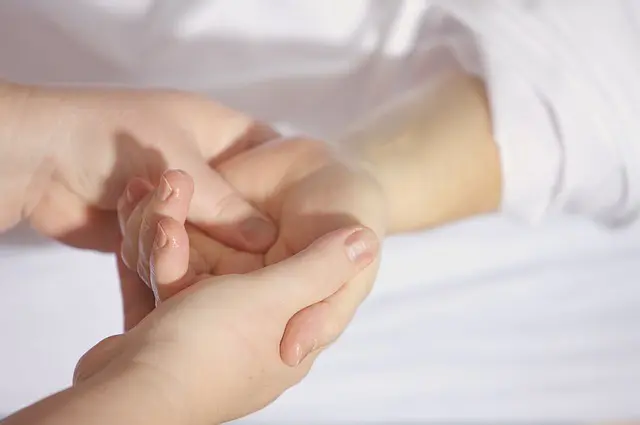Many people view self-care as a self-indulgent extravagance, feeling guilty for spending time or money on themselves rather than on basic necessities.
However, self-care encompasses more than just a sleep mask or a massage.
The National Institute of Mental Health defines self-care as the act of taking time for activities that enhance your overall well-being, including both physical and mental health. It can help manage stress, reduce the risk of illness, and increase energy levels. Even small daily acts of self-care can significantly improve your life.

Self-care is crucial for maintaining a healthy state of well-being, which is essential for feeling complete and living fully.
Our well-being is a multifaceted concept that includes emotional, psychological, social, physical, and spiritual aspects.
A healthy well-being is not just the absence of illness; it positively influences our interactions, emotions, thoughts, and decision-making, whereas an unhealthy well-being can negatively affect all areas of our lives.
Self-care fosters a healthy and joyful lifestyle.
One of the remarkable aspects of self-care is its impact on hormonal balance.
Caring for your body and mind can lead to positive feelings and help regulate hormones.
Hormonal imbalances can result in undesirable symptoms such as fatigue, muscle pain, depression, or anxiety.
Here are four ways self-care can promote hormonal balance for a healthier and happier life:
Self-care can restore your confidence and self-esteem by improving your mood and increasing serotonin levels, which helps in regulating hormones like cortisol.
Everyone desires to look and feel their best. Regular exercise, a balanced diet, and sufficient rest help maintain fitness, vitality, and happiness, which in turn boosts self-confidence and fosters healthy relationships.
Stress triggers the release of hormones like adrenaline and cortisol, disrupting the delicate hormonal balance needed for optimal health. Taking regular breaks, vacations, and engaging in relaxing activities such as walks, music, meditation, prayer, volunteering, or even a warm bath before bed can reduce stress and maintain hormonal balance.
Self-care includes consuming nutritious meals and snacks. Eating well is vital for hormonal balance. Incorporate lean proteins, healthy fats, whole grains, and plenty of water, while minimizing processed foods and sugar, which can cause blood sugar spikes and hormonal imbalances.
Sleep is not just about avoiding tiredness; it promotes a healthy balance of leptin, melatonin, and cortisol. Adults need at least seven to eight hours of sleep per night for healthy hormone levels.
You’ve heard it before, but it’s a useful reminder: maintain a regular sleep schedule, avoid screens before bed, and create a calming bedroom environment to encourage restful sleep.
Practicing mindfulness through prayer, meditation, deep breathing, journaling, and full-body stretching positively affects hormones like oxytocin and endorphins. These “feel-good” hormones are released during experiences of connection, love, peace, and contentment.
Physical and emotional intimacy is part of self-care. Hormones such as testosterone, estrogen, and progesterone enhance your connection with others. Engaging in healthy relationships with physical touch, like cuddling or holding hands, is beneficial for maintaining hormonal balance.
Embrace self-care to regulate your hormones. Life is much better when you feel happy and complete. Don’t hesitate to take time for yourself. Listen to your body and honor its needs; perhaps it’s getting an extra hour of sleep or declining certain social engagements. Prioritize self-care for balanced hormones, greater peace, fulfillment, and joy. Nurturing your well-being is one of the best gifts you can give yourself to unlock your best life.
Recent
See All2025-03-13
Strategies to Overcome Procrastination
2025-03-13
Have You Overlooked Something?
2025-03-13
Harness the Power of Music for Stress Relief
2025-03-13
Navigating the Path to Mental Health During Wedding Preparations
2025-03-13
Unlocking the Door to Joy: A Three-Step Guide
2025-03-13
Embark on a Journey to Maximize Your Potential in 2024!
2025-03-13
Celebrating the Joy of the Season
2025-03-13
Embark on a Journey to a Grateful Life
2025-03-13
Discover the Power of Cognitive Behavioral Therapy
2025-03-13
Enhancing Your Well-being: A Four-Step Guide to Health and Joy
Newsletter
Get life tips delivered directly to your inbox!










